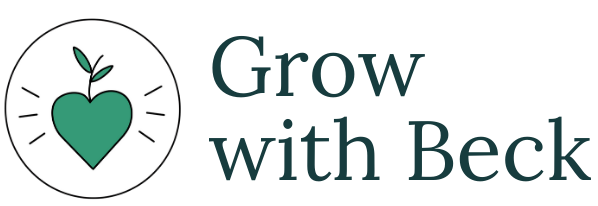How To Know Your Early Childhood Educator Is A Good Fit
How To Know Your Early Childhood Educator Is A Good Fit
Embarking on the journey of early childhood education is a significant milestone for both parents and their little ones. The formative years lay the foundation for a lifetime of learning and growth, choosing an early childhood educator a decision of paramount importance. But how do you know if you've found the right fit for your child?
When trying to figure out if your service provider is a good fit, here are a few helpful things to keep in mind.
How does the service provider interact with your child? Do they have a positive relationship? Are they a good role model? Do they genuinely like each other?
What are goals? Is the provider setting the goals or are you?
What does the service provider's communication look like with you, the school and other members of the child’s team?
Let’s dive in!
Student/Teacher Relationship
The relationship between a student and educator has a profound impact on your child.
When observing moments from the session take note not only how the educator interacts with your child, but how your child responds to them. When the educator is coming to your home is your child excited, nervous, or sad? Seeing how your child is emotionally responding to their sessions is key to seeing if they are a good fit for your child and your family.
While observing the relationship between the child and educator is important, it is equally important to look at the relationship between the educator and your whole family. There needs to be a partnership between the educator and the family. This builds a strong foundation of trust and sets the tone of equality- both parents and teachers bring something to the table when it comes to the student.
When interviewing and determining whether or not an educator is a good fit, ask yourself if their beliefs are a good match with your family's beliefs. When the family and educator are in alignment on what is expected of both parties it makes the environment one where your child can truly flourish.
Goals
Without clear goals, it can be nearly impossible to assess and communicate about your child’s progress. It also becomes difficult to know the substance of sessions, often because you may not be present watching the goings on. Having clearly communicated goals allows for all members of a child’s team to clearly communicate about progress, setbacks, and future objectives.
While service providers can be hired to help fill skill gaps for students who may be in need of sessions to tackle specific academic or life skills, they can also be hired for enrichment sessions where your child can be challenged outside of the classroom and build to advance their current academic skill set. Regardless of the type of session, developing appropriate goals and having a strong understanding of how your child is working towards those goals is essential.
Communication
Having strong communication is the key to a successful relationship. From questions about your child’s progress to working through scheduling conflicts, clear communication will set you up for success.
Take a look at how the educator is communicating with your family, is there clear data, deliverables, or work samples to show your child’s progress? Being able to see for yourself how your child is improving is incredible and a great way to keep the door for communication constantly open between you and your educator. Looking at data together about your child’s progress is a great way for both parties to ask questions and keep the streamline of communication present for everyone.
If your child is already attending a school, it's crucial to pay close attention to the interaction between your private educator and the institutional environment. This collaborative relationship can yield invaluable insights into your child's progress and development. Regular updates, shared goals, and a seamless exchange of information ensure that your child's educational journey remains cohesive and tailored to their unique needs. A harmonious partnership between your private educator and the school can pave the way for a holistic learning experience that empowers your child to thrive academically and personally.
What Can You Do Today
How can you start looking for an early childhood educator today? Here’s what you can do:

